The Volkswagen Group has revised plans for its electric vehicle (EV) revolution with a new projected target of launching 70 zero-emission products by 2028.
The German automotive manufacturing giant behind Audi, Bentley, Porsche, Seat and Skoda had previously said that it would launch 50 new EVs, but has ramped-up its planned roll-out of the new technology after signing off what it called “a comprehensive decarbonization program”.
As a result of the accelerated EV strategy, the group now anticipates that the projected number of vehicles to be built on its new electric platforms in the next decade will increase from 15 million to 22 million.
Dr Herbert Diess, the chief executive of Volkswagen AG, said: “Volkswagen is taking on responsibility with regard to the key trends of the future – particularly in connection with climate protection.
“The targets of the Paris Agreement are our yardstick. We will be systematically aligning production and other stages in the value chain to CO2 neutrality in the coming years.
“That is how we will be making our contribution towards limiting global warming.”
The Volkswagen Group has set milestones in all areas to be achieved in the coming years on the road to complete decarbonization by 2050.
The measures target: effective and sustainable CO2 reduction; a switch to renewable energy sources for power supply; and ‘compensation’ for remaining emissions that cannot be avoided.
VW said that its 2025 target is to reduce the CO2 footprint of the vehicle fleet by 30% across the lifecycle compared to 2015.
It said that more than €30bn would be invested in electrifying its brand portfolios by 2023, realising a rise in the share of EVs its ranges to at least 40% by 2030.
The Audi e-tron and Porsche Taycan will go into production this year, with the Volkswagen ID and ID.CROZZ, the Seat el-born, Škoda Vision E, ID BUZZ, and the ID VIZZION all set to enter the market.
In November Volkswagen and Tesco announced plans to create 2,400 new public electric vehicle (EV) charge points across the UK – with rapid or fast charging available at 600 stores by 2020.
Today (March 12) VW said that it planned a further 400 fast chargers on Europe’s major road routes (100 of which will be in Germany) as it looks to boost the regions AFV infrastructure in support of its plans.
LG Chem, SKI, CATL and Samsung have already been selected as strategic battery cell suppliers and VW revealed that it is also “taking a close look at possible participation in battery cell manufacturing facilities in Europe” in a bid to meet its rising demand for batteries.
It is also researching the production of solid-state batteries at an industrial level alongside partner QuantumScape.

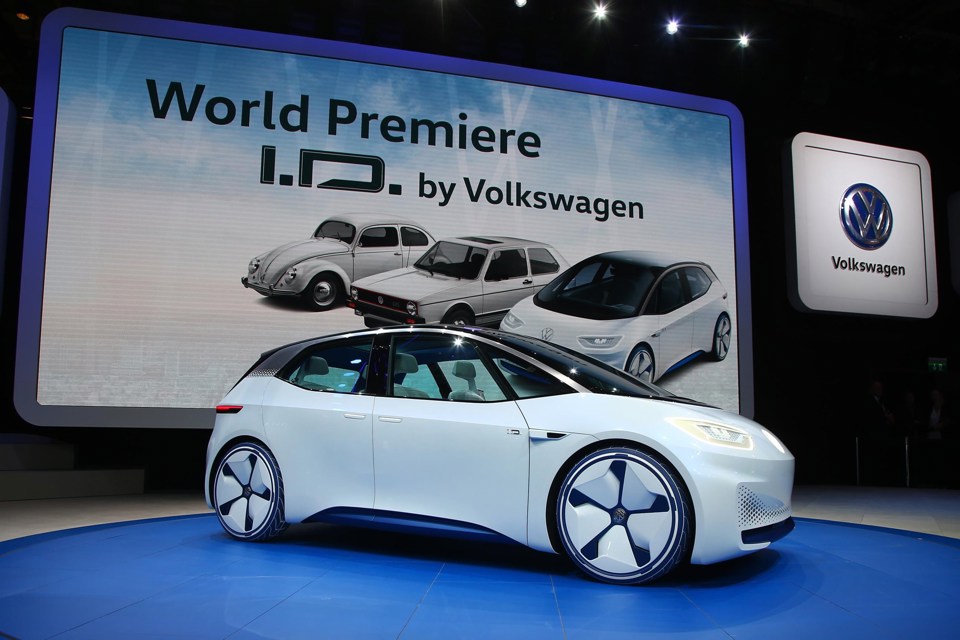
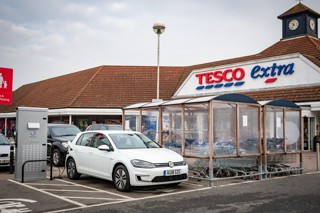
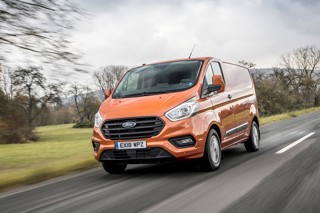
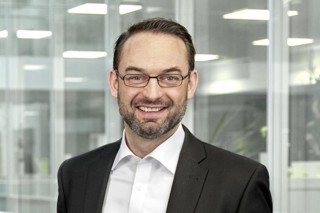
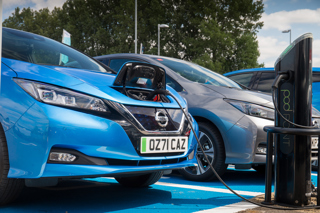












Login to comment
Comments
No comments have been made yet.